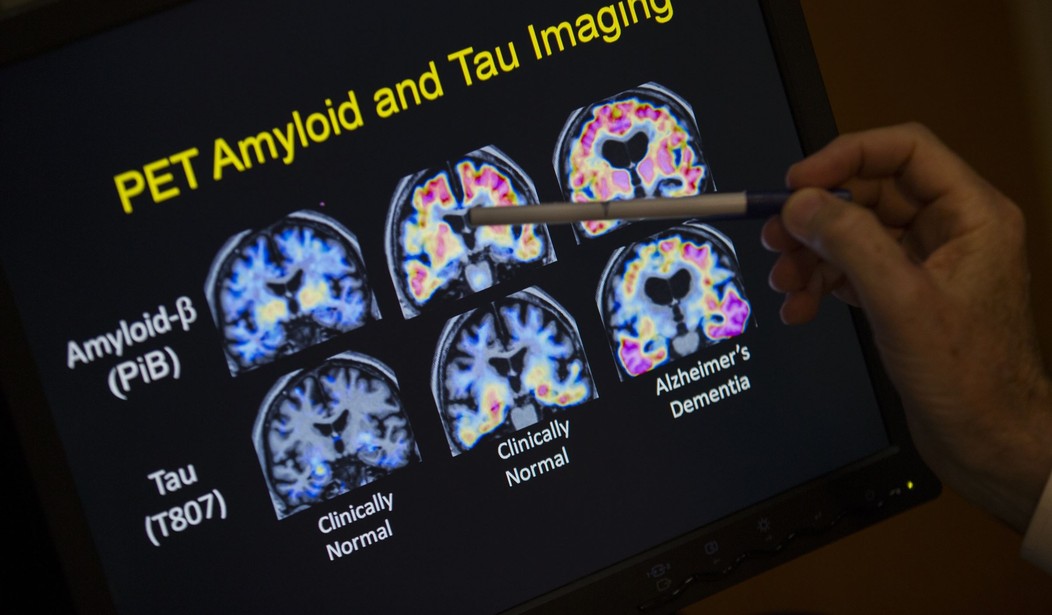The science community has taken it in the teeth the past couple of years. The COVID pandemic exposed them as quasi-Democratic Party operatives. Nothing they said was right. The protocols they peddled didn’t work. When people pushed back and questioned these folks, they were met with derision and censorship from major platforms. It turns out that the lockdowns didn’t curb the spread. If you bashed Dr. Anthony Fauci, you were attacking science. Yeah, it was the typical reaction from the philosopher-kings when they get tossed for nonsense. COVID probably irreparably damaged the credibility of the science community. Now, a landmark study on Alzheimer’s disease cited for over a decade by experts could be fake news. As a result, dozens of papers written by a noted scientist studying the illness are also considered suspect (via NBC News):
Allegations that part of a key 2006 study of Alzheimer's disease may have been fabricated have rocked the research community, calling into question the validity of the study's influential results.
Science magazine said Thursday that it uncovered evidence that images in the much-cited study, published 16 years ago in the journal Nature, may have been doctored.
The findings have thrown skepticism on the work of Sylvain Lesné, a neuroscientist and associate professor at the University of Minnesota, and his research, which fueled interest in a specific assembly of proteins as a promising target for treatment of Alzheimer's disease. Lesné didn’t respond to NBC News’ requests for comment, nor did he provide comment to Science magazine.
Science said it found more than 20 "suspect" papers by Lesné and identified more than 70 instances of possible image tampering in his studies. A whistleblower, Dr. Matthew Schrag, a neuroscientist at Vanderbilt University, raised concerns last year about the possible manipulation of images in multiple papers.
Karl Herrup, a professor of neurobiology at the University of Pittsburgh Brain Institute who wasn’t involved in the investigation, said the findings are "really bad for science."
"It's never shameful to be wrong in science," said Herrup, who also works at the school's Alzheimer's Disease Research Center. "A lot of the best science was done by people being wrong and proving first if they were wrong and then why they were wrong. What is completely toxic to science is to be fraudulent."
Recommended
The publication added that the theory that’s now under scrutiny involves “amyloid beta protein” and the formation of plaques on brain tissue. Science magazine says they found evidence that the photos showing these proteins’ progression in the brain were doctored.
The damage from these errors could be significant. An investigation by Science magazine uncovered the alleged fabrications, so kudos to them. Yet, they challenged the science, right? Look what happened. We have potential fraud and lies from the God-kings who declared themselves infallible. Scientists are human, but these are the rules they set during COVID. Don’t question me. Sorry, that’s not going to happen since you messed up the COVID messaging on the virus and the vaccines, and now Alzheimer’s.

























Join the conversation as a VIP Member